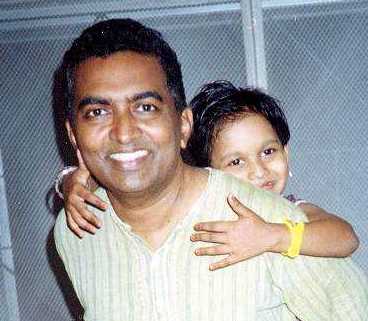Towards Self-conscious Organizations: Let’s go beyond Mechanistic and Organismic Views of Humanly-crafted Organizations
Abstract
The mechanistic view of organization is being strongly challenged by a more organismic view. According to the former, organizations could be understood through rational laws much akin to laws developed in Physics. However, the latter, that is the organismic view, would have us that organizations are closer to biological entities and their behavior is more akin to organic systems and hence the laws of biology would be more applicable to describe and understand human organizations.
Behind these two alternative views are rather powerful worldviews and the rules that purportedly govern the world. As the Nobel prize winner, Ilya Prigogine, had pointed out, the mechanical view of reality parallels the acceptance of the second law of thermodynamics. According to this, the world is constantly moving towards greater disturbance and to keep order in such a system, force has to be applied to it. The latter view, the biological view, would have it that left to itself, the system would tend towards evolutionarily progress into higher states through a process of natural selection. These are diametrically opposite views.
Based on which worldview is adopted, organizational management would adopt different prescriptive stances. With the organismic worldview, we are offered a model of human association that does not require coercion as a means to influence human behavior. This is a very attractive proposition and evokes ideas of harmony and synergy. But thinkers have pointed out that this is too romantic an idea and it robs humans the idea of purposefulness that is a uniquely human. Strong leadership driven by entrepreneurial and idealistic purposefulness is what runs the organizational “engine”, they point out.
In this paper I bring together some more recent developments on Organizational Theory such as Burgelman’s Internal Ecology model. These developments go beyond the mechanistic versus biological debate. Through this paper I will argue that the third worldview that goes beyond the traditional biological worldview is emerging that would take into account human purposefulness. Here the objective of the organism goes beyond the survival mode to one of transformation (or transcendence).
Drawing from the more recent developments in neurosciences, evolutionary biology and consciousness studies, this paper would offer an exposition of the third view. It would discuss the new challenges this view poses to understand and interpret organizations. Add the scientific advances with a bit of poetic liberty and we could perhaps call such organizations as self-conscious organizations. This view may give important clues to the way post-modern organizations function and means to design such organizations.
Friday, June 03, 2005
Subscribe to:
Posts (Atom)

